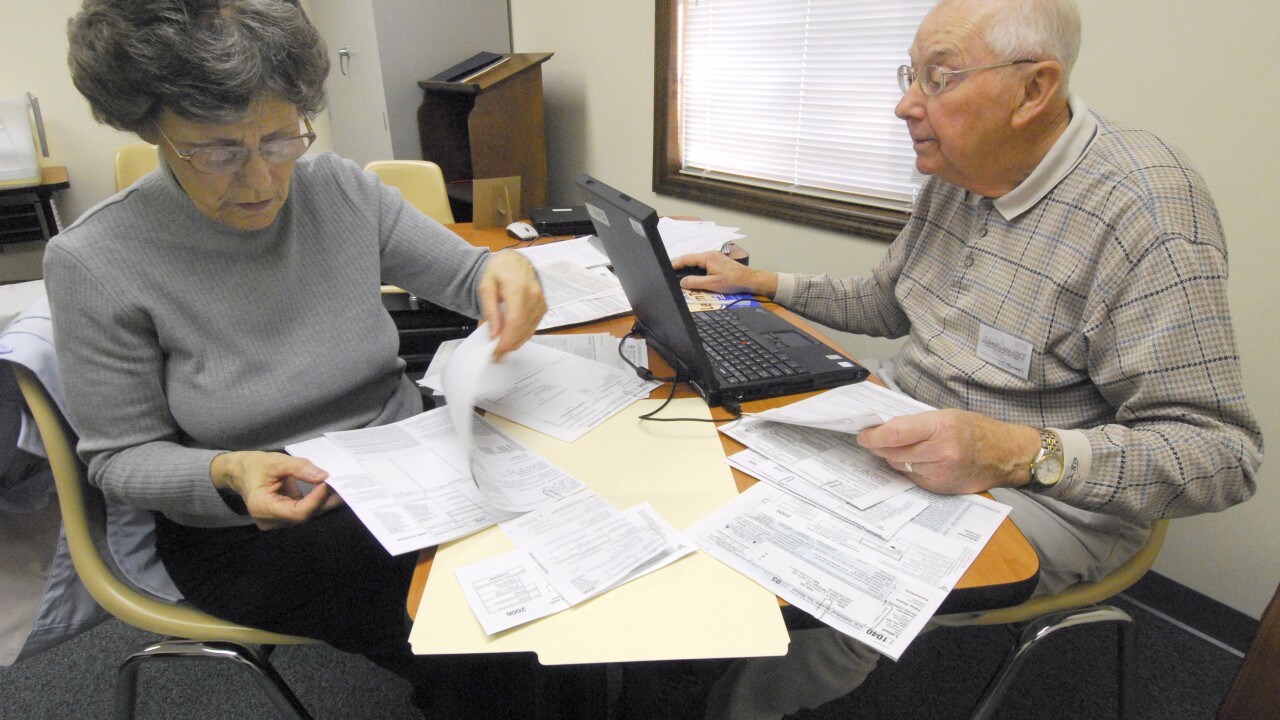The Internal Revenue Service is making some changes in the way it sends tax transcripts for clients to tax professionals to beef up security.
"As part of the IRS's effort to continue combatting identity theft and protecting taxpayers' personal information, we're making changes that will impact how tax professionals receive transcripts," the IRS said in an email to tax professionals Friday
Starting Monday, April 8, tax professionals need to call the Practitioner Priority Service to request transcripts to be deposited into their secure object repository, or SOR. While PPS has been the main avenue for such requests, other IRS toll-free lines will no longer offer the SOR as a delivery method.

Tax professionals will also now need to pass the current required authentication and also verify their Short Identification. The Short ID is a unique eight- to 10-character alphanumeric code that's systemically assigned by the system when an IRS account is established. This Short ID is visible when a tax pro logs into their e-Services SOR. If the tax pro's identity can't be verified, taxpayer transcripts will only be mailed to the address of record.
The PPS assistors who work for the IRS can't resolve issues with either ID.me identity proofing or the status of an ID.me account. The IRS uses ID.me to authenticate taxpayer identities for taxpayer and tax professional accounts.





